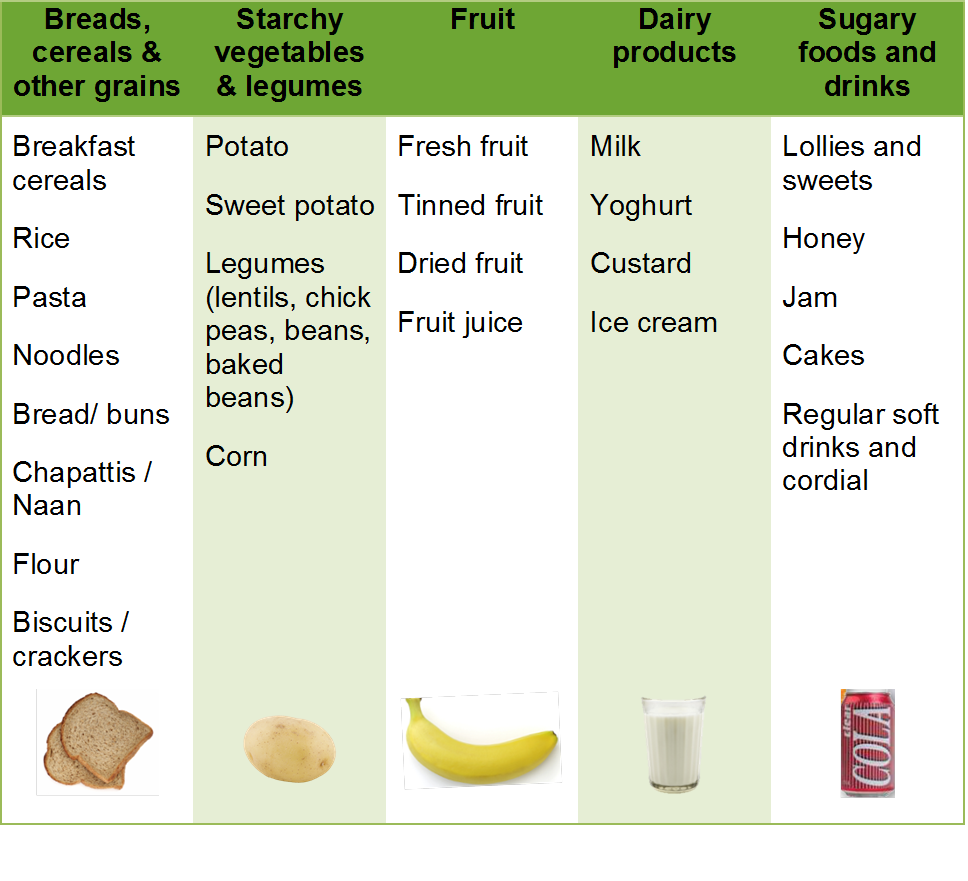
It is important for women to follow proven guidelines and not make common mistakes to keep their health. These include regular medical checks, healthy eating and exercise. HealthifyMe created 12 tips for women to live longer and keep them healthy. These tips are based purely on personal experiences. You can also use the information to improve your own health. These tips for health are our hope. Continue reading for more information. You may find them useful, too.
Exercise
Women should exercise regularly to relieve stress and improve their overall health. Women are often too busy with household duties, paid work, child rearing, or raising children to make the time for exercise. The truth is that even 10 minutes of exercise has the same health benefits than a longer session. Many home-based exercises can be done even if you don’t have the time for a 30-minute exercise session.
Healthy eating
A balanced diet for women will include healthy foods like fruits and veggies, lean protein, low-fat dairy products, as well as lean protein. Women should try to eat as many different kinds of vegetables and fruits as possible, and avoid highly processed foods. Women should choose lean cuts such as chicken and beef when choosing protein sources. These meats are rich in high-quality protein. Women need different amounts of protein at different times in their lives.

Stress management
Many professionals recommend a combination healthy lifestyle practices and stress management strategies for women. Among these are healthy eating, regular exercise, a positive attitude, and quitting smoking or drinking too much coffee. Talk to your doctor to discuss a personal stress management program if stress is a problem. It is vital to take care yourself on all levels. Stress can cause many problems in your body and mind. Consider taking steps to reduce stress if you feel like your stress is causing you problems.
Regular medical screenings
While many diseases can be prevented with regular medical screenings for women, some women should begin earlier than others. As an example, nearly 30 percent Americans are high in cholesterol. This increases their risk of stroke and heart attack. It's important to talk to your doctor about this condition if you have a family history. High blood pressure, commonly referred to as "the silent killer", is another health risk.
A healthy weight
A woman's weight management is vital for her health and well being. Healthy weight management is achieved by eating a balanced diet and exercising regularly. Excessive weight can negatively impact almost all aspects of a person’s health, including their reproductive, pulmonary, cognition and mood. Obesity and excess weight can increase a woman's chances of developing POS, heart disease, and diabetes.

Get enough sleep
Sleep is vital for your mental and physical health. The average adult needs seven to eight hours sleep each night. But, only one-third (33%) of Americans get the recommended amount. Women are more likely to suffer from sleep-related issues than men. Inadequate sleep can have more serious consequences for women than it does for men. National Women's Health Week takes place May 10-16. Women need to get enough sleep, which should be considered one of their top health tips.
FAQ
What can you do to improve your mental health?
Everybody needs to be healthy, especially if they are under stress at work, school or home. The best way to improve your mental health is to exercise regularly, eat healthy food, sleep well, and spend quality time with loved ones. Exercise releases endorphins that make us feel happier. Healthy eating habits can also help our bodies function well. Being well rested gives you energy for the day. Spending time with our loved ones is a great way to improve our relationships, and it reduces stress.
These are 5 ways to improve your mental and/or emotional health.
-
Exercise - It improves brain function and raises energy levels.
-
Sleep – A lot of sleep is good for stress and anxiety.
-
Nutrition – Healthy foods like fruits and vegetables can help you stay strong and energized.
-
Meditation - Meditation reduces anxiety and stress.
-
Socialization: Spending time together with family and friends, keeps us happy.
Why is students' mental health important?
Students need to feel good about their mental health in order to be able focus on school and succeed academically. You can't do well at school if your mind isn't in the right place. Students suffering from depression are more likely to miss class, which can lead them to get poor grades. This could result in students dropping out high school and possibly even college.
Parents and teachers should be consulted if you are suffering from depression. They'll be able to help you get the care you need.
It is important to remember that not all people with depression need medication. Talk therapy is effective for many people. A counselor is a great option for anyone who wants to seek help.
How can you improve your wellbeing?
Wellbeing refers to "the state or condition of being physically, mentally, spiritually, and socially well." There are many factors that affect our well being, including work, family, health, relationships and finances. The first step in improving your well-being involves identifying the areas of your life that need improvement. Then, work on changing these things.
Here are five easy ways to improve your wellbeing
-
Exercise - It boosts endorphins, which can make us happier.
-
Sleep – A longer sleep time reduces stress and anxiety.
-
Nutrition - Eat healthy foods, such as fruits and veggies, to boost your mood.
-
Meditation - Regular meditation helps to reduce stress and anxiety.
-
Socialization – It's important to spend time with loved ones and make friends.
How can one tell if someone has a mental disorder?
Persons may be diagnosed with mental illness if they have symptoms that are disruptive to their daily life. There are many symptoms of mental illness. The most common symptoms are feeling depressed, sad, anxious, guilty and hopeless, lonely or depressed, as well as guilt, shame, guilt, guilty, guilty, guilty, suicidal and worthless.
A person could also be diagnosed with mental disorders if they meet the following criteria:
-
Troubled thoughts or feelings
-
Be disturbed
-
Disturbance to functioning
-
Inability to relate to others
Statistics
- Neuropsychiatric diseases are the leading cause of death and disability in the U.S., accounting for 18.7 percent of all years of potential lifespan loss and premature mortality.
- Appropriate nutrition and exercise are likely among the most efficacious and cost-effective positive mental health interventions. (ncbi.nlm.nih.gov)
- In any given year, an estimated 18.1% (43.6 million) of U.S. adults ages 18 years or older suffered from any mental illness, and 4.2% (9.8 million) (healthypeople.gov)
- Similarly, while there is some agreement about the boundaries of typical mental disorders 2, there is likely less agreement about those for positive mental health. (ncbi.nlm.nih.gov)
- It means no drinking any alcoholic beverages and no taking any drugs that aren't 100% natural.
External Links
How To
How to determine if one needs to seek help from a mental health expert
To determine whether you need to seek professional assistance, some signs should alert you to the possibility that your problem might require professional attention. You should consult a doctor immediately if you see any of these warning signs.
-
You feel like your control is being lost.
-
You have been experiencing trouble sleeping.
-
When you try to focus, your thoughts race.
-
You think about suicide.
-
You feel hopeless.
-
You feel that life is not worth living.
-
You have lost interest in things you used to love.
-
You've stopped eating.
-
You are now withdrawing.
-
You have started using drugs or alcohol to cope with stress.
-
You are starting to lose family or friends.
-
You have experienced other physical symptoms such as headaches, stomachaches, backaches, chest pains, etc.
It is imperative that you see a doctor immediately if you are experiencing any of the above symptoms.